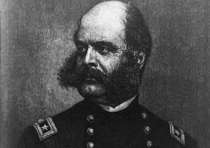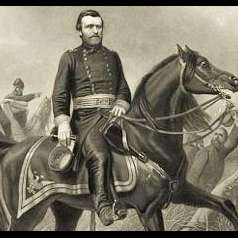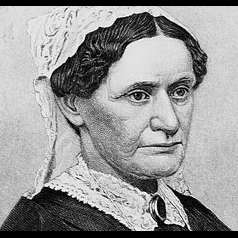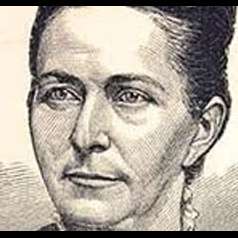
Ambrose Everett graduated from the United States Military Academy in 1847. At the outbreak of the Civil War, Burnside organized the 1st Rhode Island Infantry, which was one of the first units to arrive in Washington and offer the capitol protection. At the battle of First Manassas, Burnside commanded a brigade of infantry, and was appointed a brigadier general for his actions.
In September of 1861, Burnside was given command of three brigades known as the North Carolina Expeditionary Force, and launched an attack against the North Carolina coast. His force was successful in achieving a foothold in North Carolina, resulting in Burnside’s promotion to major general.
After McClellan’s failure to follow General Robert E. Lee following the battle of Antietam, Burnside was made commander of the Army of the Potomac on November 10, 1862. Burnside attempted a rapid approach to Richmond, leading to a very costly Union defeat on December 13 at the Battle of Fredericksburg, during which the Union army received 13,000 casualties. This Union debacle, combined with a second failed attempt which became known as the “Mud March,” caused Burnside to be relieved of command.
Tools
Key Facts
- West Point graduate, organized the 1st Rhode Island Infantry and protected the U.S. Capitol.
- His costly defeat on December 13 at the Battle of Fredericksburg, resulting in 13,000 casualties, caused him to be relieved of his command.







